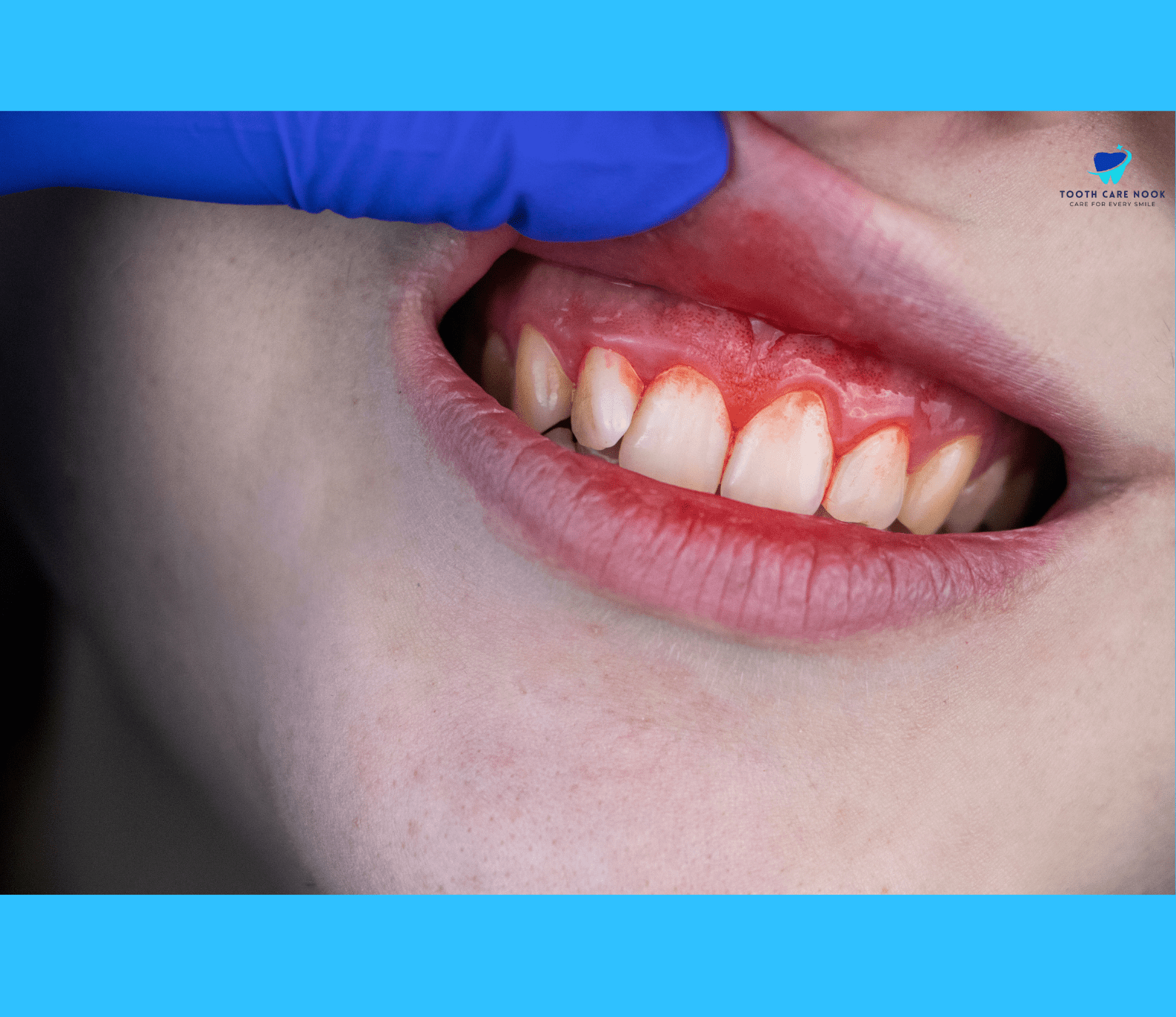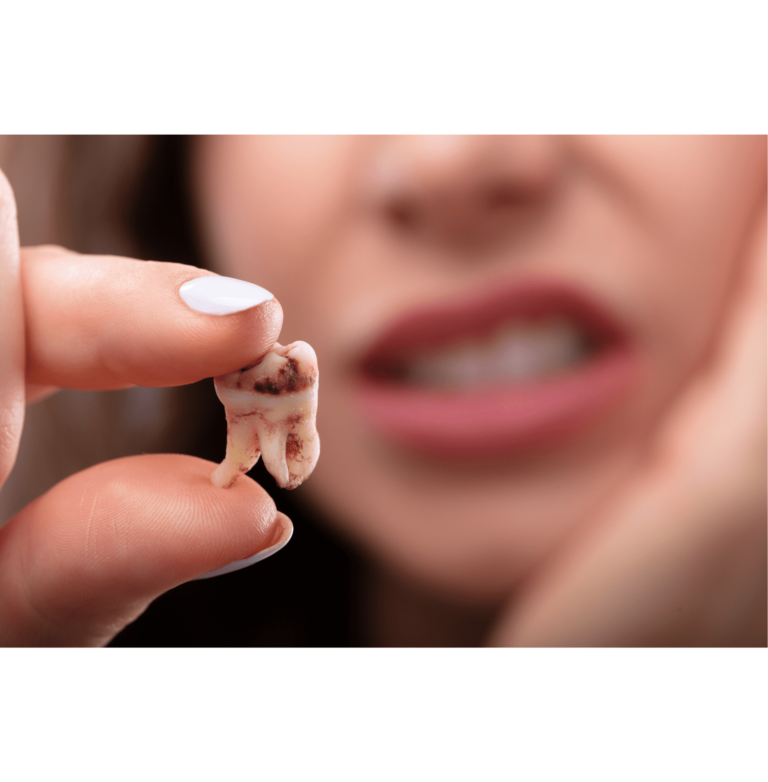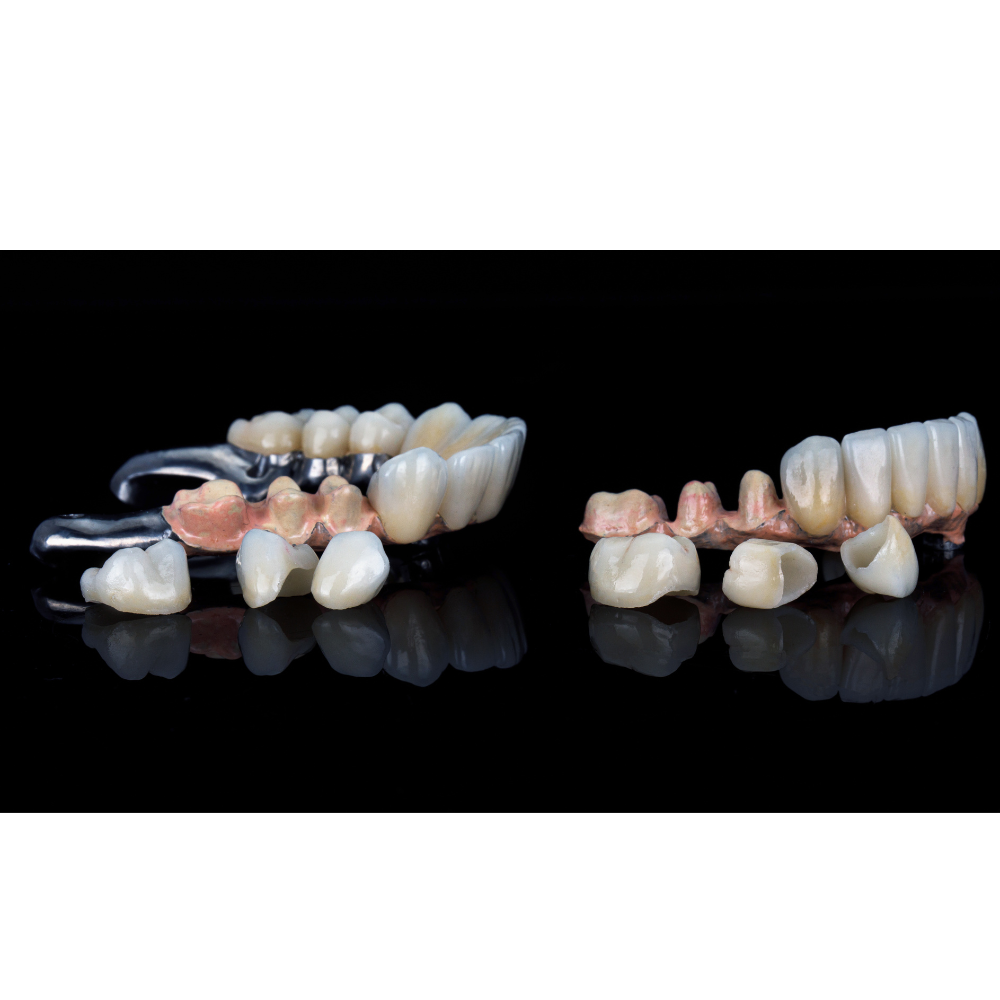Can a Wisdom Tooth Fall Out on Its Own | The Mystery Solved
The emergence of wisdom teeth marks a significant milestone in dental development for many of us. They can sometimes cause issues due to their position in the back of the mouth which leads to overcrowding, impaction, or misalignment. While some wisdom teeth can grow without any problems, others might require dental intervention to prevent complications.
To maintain good oral health, it is important to understand how wisdom teeth behave and the potential issues they can cause. Here you will get to know about the mysteries surrounding your wisdom teeth’s existence and potential departure. Let’s first see why your wisdom tooth is becoming loose.
Why is My Wisdom Tooth Becoming Loose
Your wisdom tooth can become loose due to various factors like severe gum disease, impacted wisdom teeth, trauma, or bone loss surrounding the wisdom tooth.
Gum disease can weaken the bone supporting the tooth which leads to instability. Impacted wisdom teeth, unable to fully erupt, exert pressure on neighboring teeth which causes loose wisdom teeth. Trauma to the mouth or poor oral hygiene practices can also contribute to a loosening.
Can a Wisdom Tooth Fall Out on its Own?
A wisdom tooth can rarely fall out on its own. This occurs when the tooth is severely decayed, damaged, or affected by advanced gum disease. In such cases, the supporting structures of the tooth which includes the surrounding bone and gum tissue become compromised which leads to a loss of stability.
As a result, the wisdom tooth can become loose and eventually fall out naturally without the need for extraction. However, most wisdom teeth do not fall out on their own and require professional dental intervention, such as extraction, if they pose a risk of complications or dental problems.
Ways to Avoid Wisdom Tooth Falling Out Naturally
Following are some ways to avoid wisdom teeth falling out naturally:
- Get X-rays as recommended to monitor the position and health of your wisdom teeth.
- Eat a balanced diet to strengthen your teeth and gums.
- Avoid grinding your teeth by using a night guard if you have bruxism.
- Ensure any fillings or dental work on wisdom teeth are promptly addressed to prevent decay.
- Use antiseptic mouthwash to reduce bacteria that can cause infections around wisdom teeth.

Can I Pull a Loose Wisdom Tooth at Home?
It’s not recommended to pull a loose wisdom tooth at home. It should only be performed by qualified professionals such as dentists or oral surgeons. Attempting to pull loose wisdom teeth at home can lead to complications, pain, and further damage to the tooth and surrounding tissues.
Delaying treatment or attempting home remedies can exacerbate the problem and can result in more extensive dental issues. Prioritize your dental health and trust in the expertise of trained professionals to address such concerns regarding your wisdom teeth.
At What Age Does Your Wisdom Teeth Come Out?
Wisdom teeth come out between the ages of 17 and 25. This period is called the age of wisdom teeth eruption. However, some people can experience their wisdom teeth emerging earlier or later in life, while others cannot develop wisdom teeth at all.
The eruption of wisdom teeth is a natural part of dental development after the other permanent teeth have already erupted.
Do All People Have Four Wisdom Teeth?
Not all people have four wisdom teeth. While most individuals have four wisdom teeth, some can have fewer or none. This variation in the number of wisdom teeth is normal and can be attributed to evolutionary changes in the human jaw structure.
Some individuals may have wisdom teeth that are impacted or fail to fully develop which results in fewer than four.
What Happens if My Wisdom Tooth Gets Infected?
Here are some side effects of an infected wisdom tooth:
- Infection around a partially erupted wisdom tooth can lead to pericoronitis, which is characterized by inflammation and infection of the surrounding gum tissue.
- Without prompt treatment, the infection can spread to neighboring teeth and tissues leading to abscess formation or systemic infection.
- When a wisdom tooth infection is severe, it can spread to the mouth, jaw, and upper respiratory tract.
- It’s very rare but the infection can travel to the bloodstream.

FAQs
What Happens if They Leave a Piece of Wisdom Tooth in?
When a piece of wisdom tooth is left behind after extraction, it can lead to the following consequences:
- A fragment left behind can become a breeding ground for bacteria which leads to infection. This can cause pain, swelling, and even more serious complications if left untreated.
- If a fragment is left in the jawbone, it can lead to bone resorption. This can affect the integrity of the jaw and surrounding teeth.
- In some cases, a retained piece of tooth can trigger the formation of a cyst, a fluid-filled sac that can cause further damage to the jawbone and nearby teeth.
Why My Wisdom Teeth Are Falling Apart?
Wisdom teeth can fall apart naturally due to decay, gum disease, impaction, crowding, and wear and tear. These issues weaken the teeth which leads to deterioration and potential complications.
How Painful is Wisdom Teeth Removal?
Wisdom teeth removal can involve some discomfort and pain initially as the numbing medicine is injected into the area and slight tugging as the tooth is extracted. You can feel some soreness and swelling after its extraction. It is usually manageable with prescribed medication.
Does Removing Wisdom Teeth Change Face Shape?
Removing wisdom teeth doesn’t change the shape of the face. However, in cases where impacted wisdom teeth cause some swelling or discomfort in the jaw, their removal can alleviate these issues.



